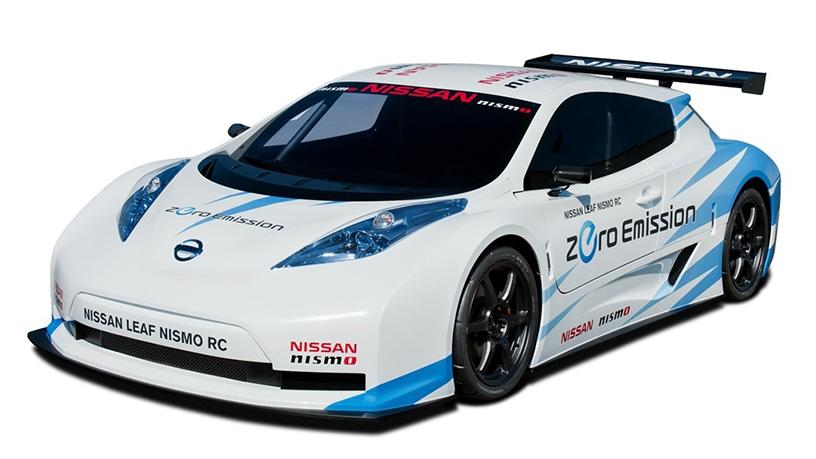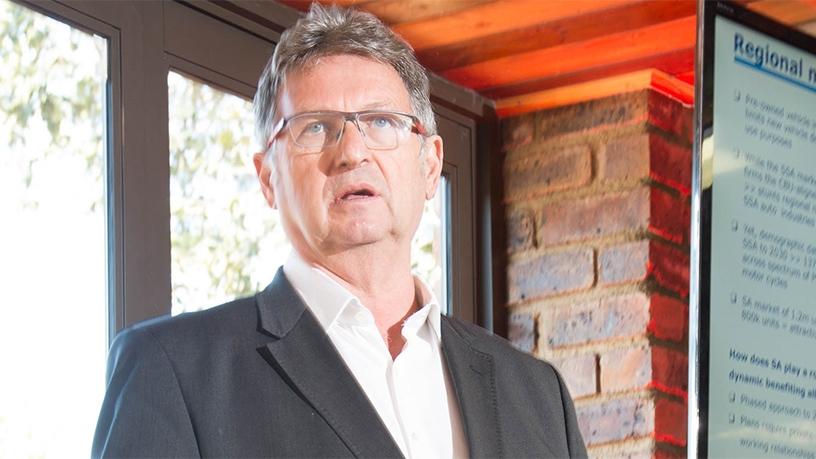
Car manufacturer Nissan believes SA will be left behind in the electric vehicle (EV) market if government does not have clear policy on how to roll out the technology.
In an interview with ITWeb on the sidelines of the Nissan Experience Series event in Pretoria yesterday, Mike Whitfield, MD of Nissan Group of Africa, said most countries across the globe are already moving away from internal combustion engines and SA cannot afford to be left behind.
He cited a recent report by Boston Consulting Group, saying pure EVs will not begin to gain serious traction in most global markets until after 2025 and will likely account for only 14% of total global vehicle production by 2030.
By then, the study says, improved battery technology, lower costs and government mandates will drive greater consumer demand for EVs.
"Wherever we look, we are moving away from internal combustion engines. By 2030, a significant portion of world car sales will be electric vehicles; about 100 million electric cars will be sold that year," Whitfield said.
"Technology acceleration is happening fast, and, as a country, we do not have a clear framework of how we will adopt electric cars in this market. We are going to be left behind and it's very important that the manufacturers, government and all stakeholders start working together to ensure electric cars become a reality."
Whitfield pointed out that whether we like it or not, electric cars are happening. "If we don't embrace the technology now, we are going to find out that we do not have the local content manufacturing capability, and the depth of localisation of those technologies will be lacking."
He noted that today there isn't a clear direction or policy on electric cars in SA. However, he said, the positive is that all manufacturers are starting to work together to formulate a one-voice approach on how to move forward to ensure SA is not left behind.
Giving examples of countries that are leading the way in electric car adoption, Whitfield pointed to India.
The Indian government recently indicated its goal is for most vehicles on its roads to be electric by 2030.

India also plans to double the mandatory local content in EVs to 70% in three years and impose heavy duties on imports.
China is exactly the same, said Whitfield, and in the UK, they have also announced there will be no internal combustion engines by 2035.
Nissan has already launched its EV, the Nissan Leaf, in SA. According to Whitfield, the second generation Leaf will be coming to SA late next year.
The company has sold over 300 000 units globally. However, in SA the company has sold less than 100 cars.
For Nissan Leaf to have a future in SA, Whitfield said, three key elements need to be in place. "Number one, we need government policy and support in terms of ensuring the early adopters of this technology are not paying premium prices. So government needs to look into things like duties.
"Secondly, from an education point of view, we need to educate the public on the importance of electric vehicles. Third, we need to build the infrastructure. Infrastructure is not only the charging infrastructure but things like servicing and repairing. These things need to be in place and today they are not. We have about 100 charging stations in South Africa mainly because of Nissan and BMW, and we need to accelerate on that."
Share